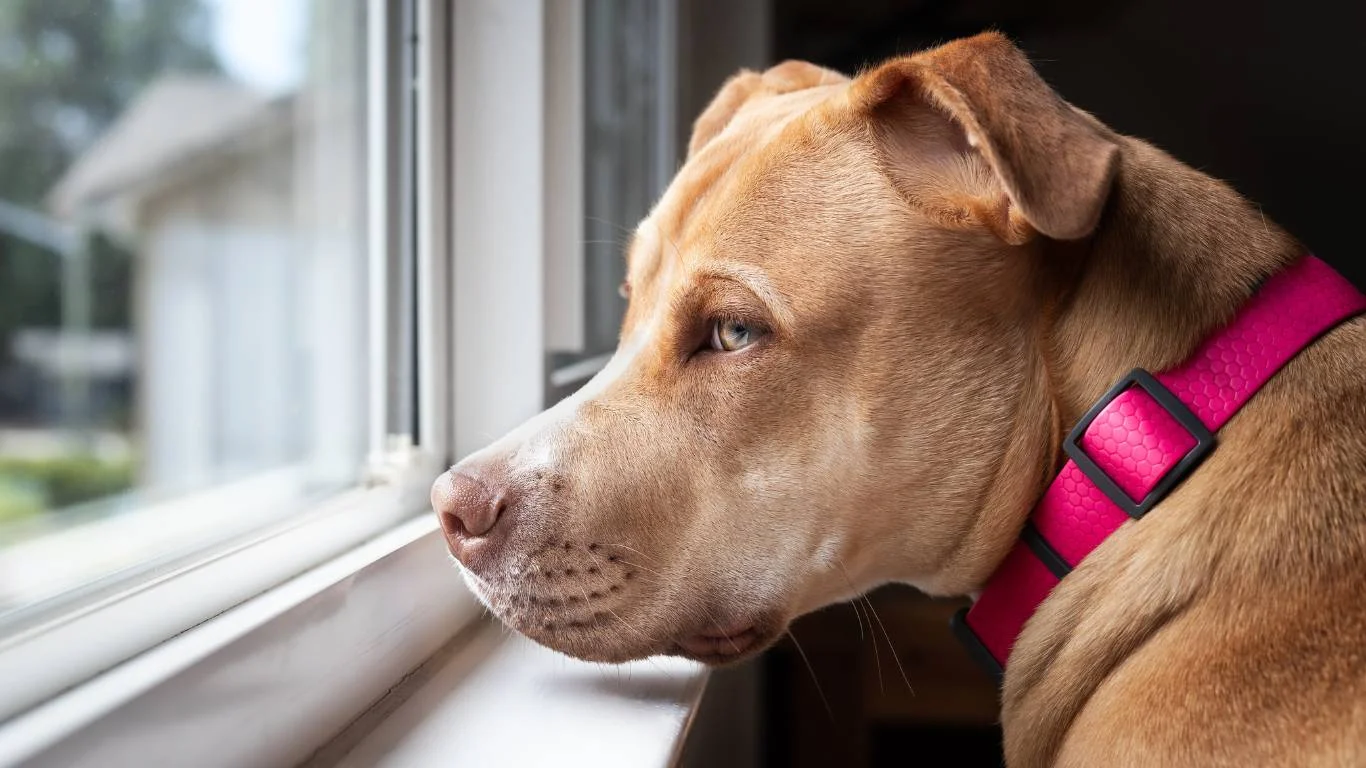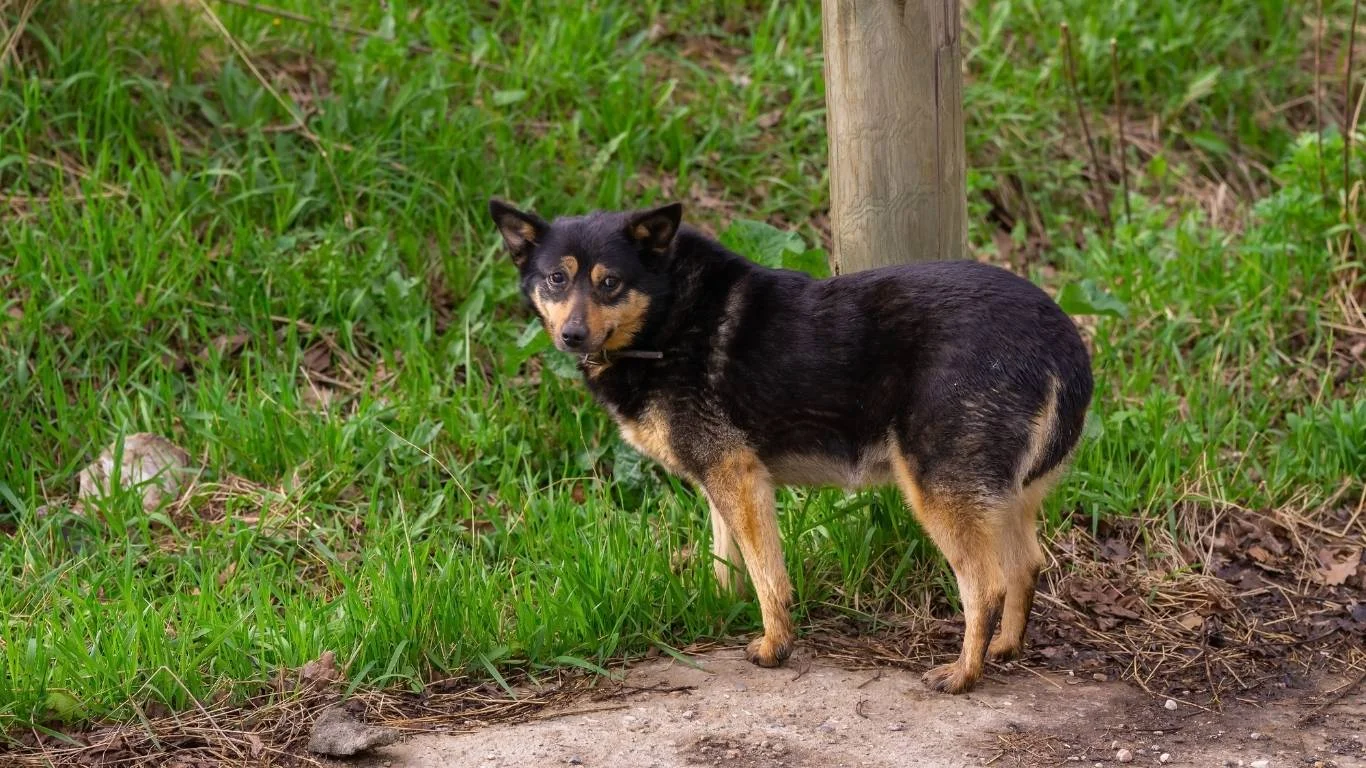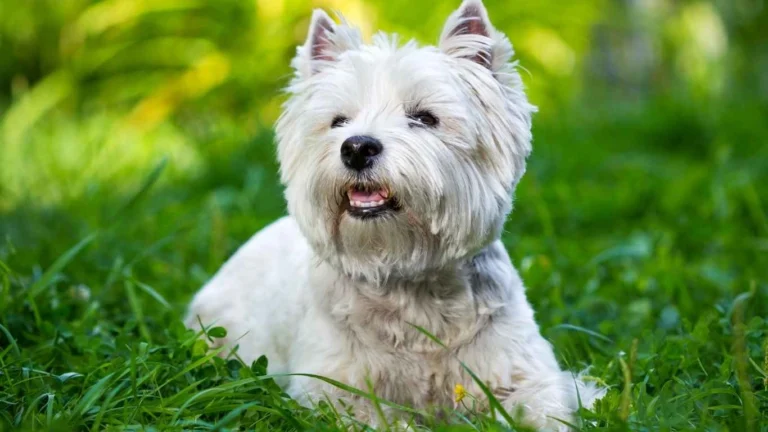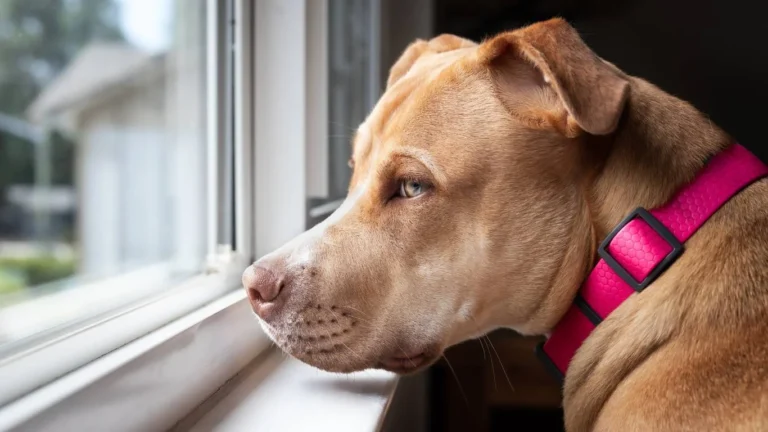What to Do If Your Dog Keeps Throwing Up Bile: Essential Tips to Stop It Fast
If you’ve ever found your dog throwing up bile, you probably felt a rush of worry—been there myself many times working as a Veterinary Assistant with a nutrition focus. That greenish-yellow fluid can look pretty alarming, and it’s not always clear what’s causing it or what to do next. So, what to do if your dog keeps throwing up bile? Let’s break it down in a way that’s easy to understand and practical to follow, based on real experience and a bit of science behind it.
Why Is My Dog Throwing Up Bile?

First off, bile is a digestive fluid made in the liver and stored in the gallbladder. It helps break down fats, so normally, you don’t see it unless your dog’s stomach is empty for a while. When bile shows up in vomit, it usually means the stomach is irritated or empty for too long, which can cause that nasty greenish-yellow liquid to back up.
In my time assisting veterinarians and working with pet owners, I’ve seen bile vomiting mostly linked to:
- Empty stomachs: Dogs who go too long between meals can get bile reflux. It’s like their tummy is “empty and angry.”
- Gastrointestinal issues: From mild upset stomachs to more serious inflammation like gastritis or pancreatitis.
- Dietary problems: Sudden diet changes, food allergies, or eating something they shouldn’t.
- Other health concerns: Liver disease, kidney issues, or even parasites can cause bile vomiting, so it’s never something to ignore.
How Often Is Too Often?
One-off bile vomit? Not usually a big deal if your dog is otherwise acting normal. But if your dog keeps throwing up bile multiple times in a day or over several days, that’s a red flag. It means the stomach lining might be irritated, or there’s an underlying issue that needs attention. I remember a client’s dog who vomited bile every morning before breakfast for a week—turns out, a simple feeding schedule tweak helped more than meds.
What to Do If Your Dog Keeps Throwing Up Bile

When you notice your dog throwing up bile, staying calm and observing is key. Here’s a simple step-by-step approach I recommend from my veterinary assistant experience:
- Monitor closely: Note when the vomiting happens, how often, and what the vomit looks like. Is it just bile or food mixed with it?
- Check behavior and appetite: Is your dog still eating, drinking, and acting normally? Lethargy, diarrhea, or refusal to eat are signs to seek veterinary care quickly.
- Adjust feeding times: For many dogs, feeding smaller, more frequent meals can prevent the stomach from being empty too long, reducing bile reflux. Adding a late-night snack before bed sometimes works wonders.
- Hydrate: Vomiting can cause dehydration, so make sure your dog has access to fresh water but avoid letting them gulp it down quickly.
- Avoid sudden diet changes: Stick to a bland diet recommended by your vet, like boiled chicken and rice, until the vomiting settles.
In my experience, these initial steps help a lot of dogs recover without any major issues. But remember, if vomiting persists beyond 24-48 hours or if you see blood, excessive lethargy, or signs of pain, it’s time to call your veterinarian.
When to See the Vet: Signs You Shouldn’t Ignore

From my experience assisting vets and supporting pet owners, knowing when to seek professional help is crucial. While occasional bile vomiting might not be urgent, persistent or worsening symptoms definitely are. Here’s what I’ve learned over the years that should never be brushed off:
- Vomiting more than twice a day: If your dog keeps throwing up bile repeatedly, especially more than two or three times within 24 hours, it’s time to get a vet involved.
- Signs of dehydration: Dry gums, sunken eyes, or lethargy are red flags. Vomiting can quickly lead to dehydration, which can spiral into something serious.
- Blood in vomit or stool: This always means a vet visit is urgent. Blood could signal ulcers, infections, or worse.
- Severe lethargy or weakness: If your dog is barely moving, refusing water, or acting very out of sorts, don’t wait.
- Abdominal pain or bloating: If your dog’s belly looks swollen or they yelp when you touch their stomach, these signs can indicate a serious issue.
In one case I remember vividly, a dog kept vomiting bile but the owner waited too long to get help. Turns out, the pup had an intestinal blockage that needed surgery. Early intervention can make all the difference.
Common Causes Behind Bile Vomiting You Should Know About

Digging a little deeper, it’s helpful to understand what might be triggering bile vomiting in dogs. This isn’t just about empty stomachs; sometimes it’s a symptom of other underlying conditions. Here’s a quick rundown of common culprits I’ve seen in clinic settings and through my nutrition work:
1. Gastritis and Stomach Inflammation
Gastritis, or inflammation of the stomach lining, often causes that irritating bile reflux. It can happen from eating something off-limits, food allergies, or even stress. I’ve helped dog owners adjust diets to eliminate triggers, which often calms the stomach down.
2. Pancreatitis
This is inflammation of the pancreas and can be serious. Pancreatitis often leads to vomiting bile and requires vet diagnosis and treatment. I’ve seen many cases where a fatty meal was the culprit, so it’s a reminder to avoid rich table scraps.
3. Intestinal Blockages
Dogs are curious eaters, and sometimes that curiosity lands them in trouble. Objects stuck in the intestines can cause vomiting bile due to obstruction. It’s an emergency and usually requires surgery.
4. Liver or Kidney Disease
Since bile is produced by the liver, any dysfunction there can cause digestive upset and vomiting. Kidney disease also indirectly affects digestion and hydration. Regular vet checkups help catch these early.
5. Parasites or Infections
Parasites like worms or infections in the gut can irritate the stomach lining, leading to bile vomiting. Deworming and preventive care are super important—something I always emphasize when coaching pet parents.
How Nutrition Plays a Role in Managing Bile Vomiting

One of the biggest takeaways from my work as a Veterinary Assistant focusing on nutrition is how powerful diet can be for dogs prone to vomiting bile. Food isn’t just fuel—it can soothe or irritate the digestive tract. Here are a few tips I’ve shared countless times that really help:
- Small, frequent meals: Feeding your dog smaller portions more often keeps the stomach from being empty and reduces bile reflux. Try splitting their daily food into three or four meals.
- Bland diet when upset: When vomiting occurs, switching temporarily to bland foods like boiled chicken and white rice helps settle the stomach without adding stress.
- High-quality, easily digestible food: Look for dog food with limited ingredients and gentle proteins. I’ve seen sensitive stomachs improve dramatically with the right formula.
- Avoid fatty treats: Fat can trigger pancreatitis or upset tummies, so skip the greasy snacks and stick to vet-approved treats.
- Hydration support: Wet food or adding water to dry kibble can help keep your dog hydrated and make eating easier if they’re feeling queasy.
In one memorable case, a dog with chronic bile vomiting saw major improvement after switching to a novel protein diet and adjusting meal frequency. It’s amazing how nutrition can support recovery and keep your furry friend feeling good.
Preventing Bile Vomiting: Tips That Really Work

Over the years working as a Veterinary Assistant focused on nutrition, I’ve gathered quite a few tried-and-true strategies that help keep bile vomiting at bay. Prevention is always better than scrambling to fix a sick pup, right? Here are some practical, easy-to-implement tips that I’ve seen make a real difference for many dogs and their families:
- Stick to regular feeding times: Keeping a consistent schedule for meals prevents the stomach from being empty too long, which reduces bile reflux. I recommend setting alarms if needed—your dog’s tummy will thank you!
- Don’t skip meals or let your dog fast for too long: Even if your dog isn’t super hungry, a small snack in the late evening or early morning can stop that bile buildup that often triggers vomiting.
- Limit table scraps and sudden diet changes: Sudden switches or rich foods can upset digestion and provoke vomiting. If you want to change their diet, do it slowly over at least a week.
- Use a slow feeder bowl if your dog eats too fast: Eating quickly can cause swallowing air and irritation, which sometimes leads to vomiting.
- Keep your dog hydrated: Encourage water intake throughout the day, especially if your dog is prone to vomiting. Hydration supports the whole digestive process and helps prevent irritation.
From my hands-on experience, when pet parents follow these simple habits, they often see fewer upset stomachs and less bile vomiting overall. Consistency and observation are key—learn your dog’s patterns and respond accordingly.
Treatment Options Your Vet Might Recommend

If you’ve already been to the vet because your dog keeps throwing up bile, you might be wondering what treatments or medications could be on the table. Based on the cases I’ve assisted with, here are some common approaches your veterinarian might take:
Medications to Protect the Stomach
Vets often prescribe medications like:
- Antacids or acid reducers: To calm stomach acid and reduce irritation.
- Gastroprotectants: These help protect the stomach lining from damage by bile or acid.
- Anti-nausea meds: To keep your dog comfortable and reduce vomiting.
Treating Underlying Causes
Of course, if the vomiting stems from infections, parasites, or organ disease, the vet will address those specifically. That might mean:
- Deworming or antibiotics
- Specialized diets for liver or kidney issues
- Advanced diagnostics like bloodwork or ultrasounds to pinpoint the problem
Nutritional Support
Your vet may recommend therapeutic diets specially formulated for sensitive stomachs or gastrointestinal health. I’ve seen dogs bounce back quickly once switched to these carefully designed foods.
Throughout my time working alongside veterinarians, I’ve noticed the best outcomes come from combining medical treatment with nutrition and home care. The vet’s expertise plus your dedication makes all the difference.
Final Thoughts on What to Do If Your Dog Keeps Throwing Up Bile
To wrap things up (well, almost), bile vomiting in dogs is definitely something you don’t want to ignore, but it’s often manageable with the right approach. From what I’ve seen firsthand, staying observant, feeding smart, and knowing when to seek veterinary care can keep your dog comfortable and healthy. Remember, every dog is different—what works for one may not work for another, so keeping an open line with your vet is invaluable.
In my experience, it’s this blend of knowledge, care, and a little bit of detective work that helps pet parents feel confident navigating the frustrating ups and downs of bile vomiting.
References
- American Gastroenterological Association
- American Veterinary Medical Association
- World Small Animal Veterinary Association
Disclaimer
This article is intended for informational purposes only and does not replace professional veterinary advice. If your dog keeps throwing up bile or exhibits any signs of illness, please consult your veterinarian promptly. Every pet’s health situation is unique, and only a qualified vet can provide an accurate diagnosis and tailored treatment plan.






